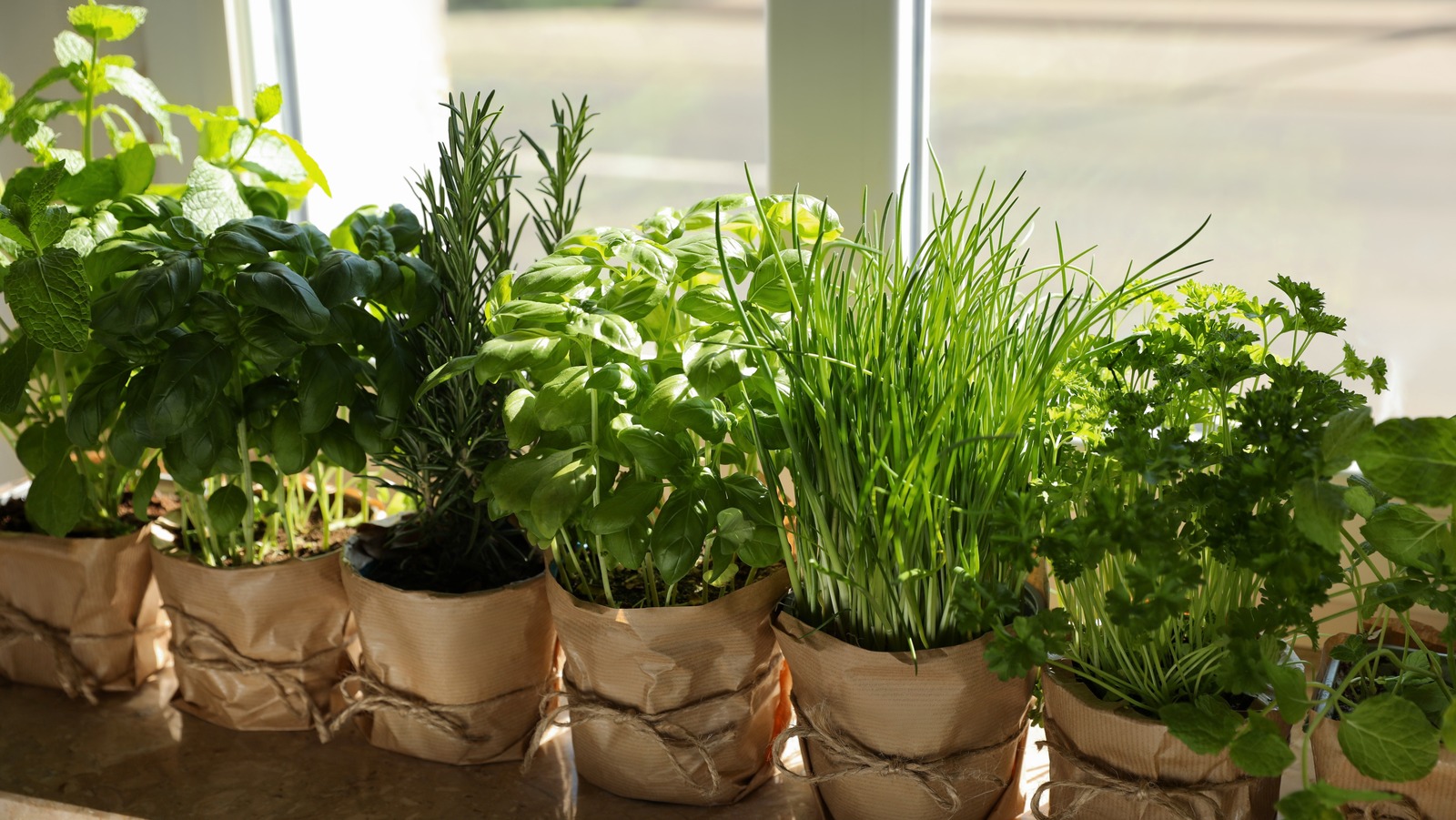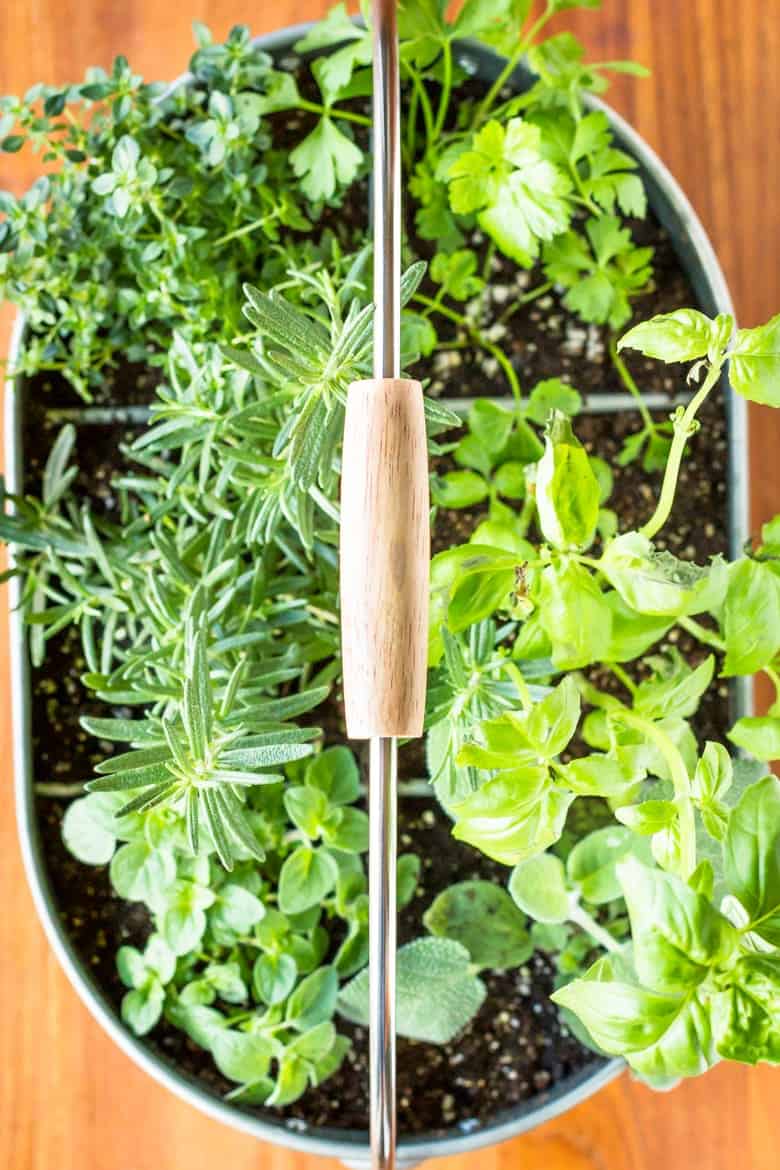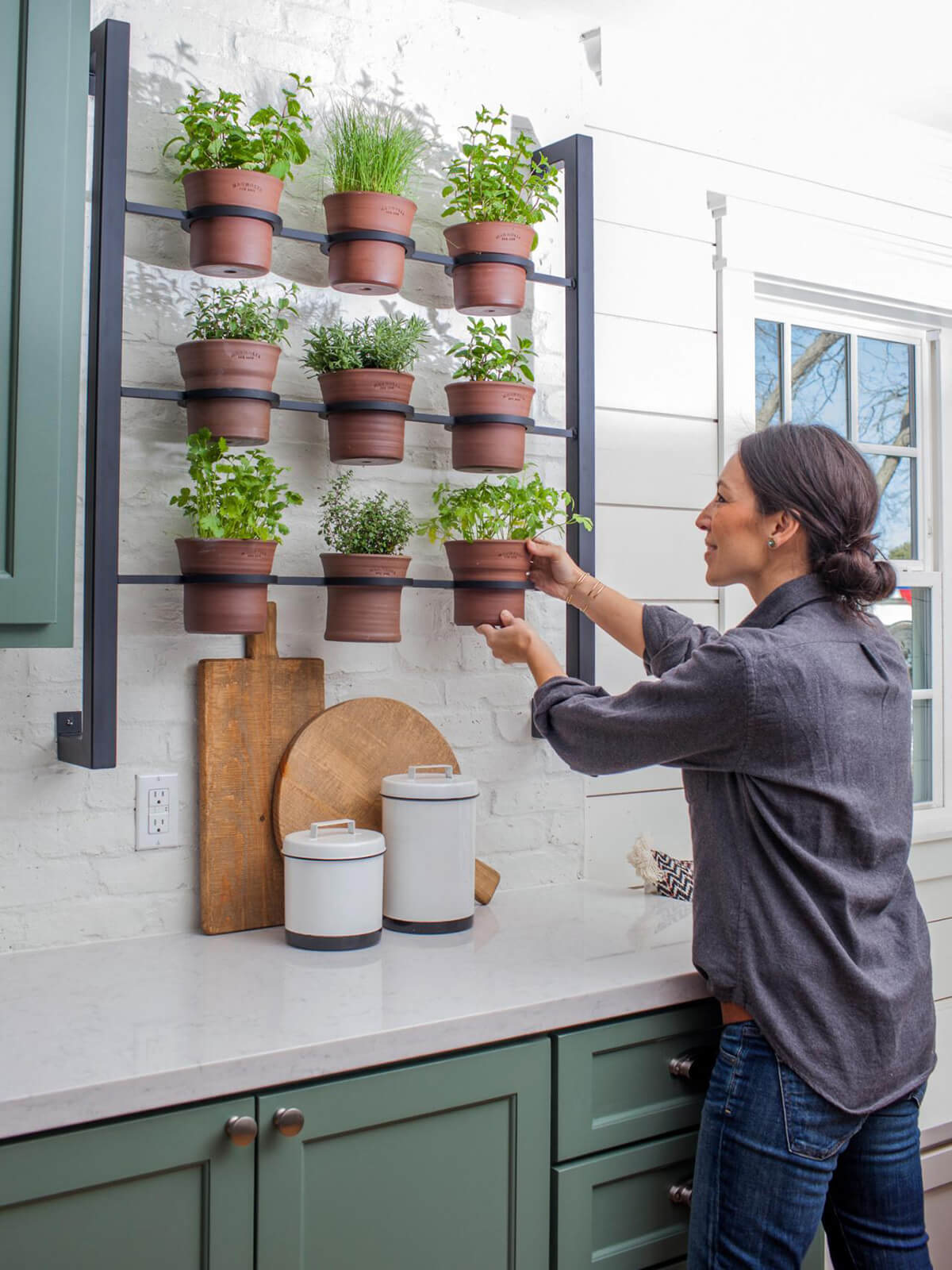Grow Easy Herbs on Kitchen Windowsill

Imagine transforming your kitchen windowsill into a lush, fragrant herb garden. The aroma of fresh basil, the zest of lemon thyme, and the earthy scent of rosemary can all be within arm's reach. Growing herbs indoors is not only a delightful hobby but also a practical way to enhance your cooking and brighten your space. Let's dive into the world of easy herbs to grow on a kitchen windowsill, turning your culinary dreams into a reality.
Why Grow Herbs on Your Kitchen Windowsill?
Growing herbs on your kitchen windowsill offers numerous benefits. Firstly, it's incredibly convenient. Need a sprig of parsley for your pasta? Just reach over and snip it fresh. Secondly, it's a cost-effective way to have fresh herbs year-round without frequent trips to the grocery store. Lastly, it adds a touch of greenery and life to your kitchen, making it feel more inviting and vibrant.
The Best Herbs for Your Kitchen Windowsill
Basil
Basil is a classic choice for any indoor herb garden. It thrives in sunny spots and loves well-drained soil. Regularly pinching back the growing tips encourages bushier growth, ensuring a continuous supply of fresh leaves. Basil is perfect for Italian dishes, salads, and even homemade pesto.
Parsley
Parsley is a hardy herb that can tolerate a bit of shade, making it ideal for windowsills that don't get direct sunlight all day. It's a versatile herb used in various cuisines and is a great garnish for almost any dish. Parsley is also rich in vitamins and antioxidants, adding a nutritional boost to your meals.
Rosemary
Rosemary is a woody herb that prefers a sunny spot and well-drained soil. Its fragrant needles add depth to roasted meats, stews, and even baked goods. Rosemary is also known for its medicinal properties, aiding in digestion and memory enhancement.
Thyme
Thyme is a low-maintenance herb that loves sun and well-drained soil. It's perfect for seasoning soups, stews, and roasted vegetables. Thyme is also known for its antimicrobial properties, making it a beneficial addition to your herb garden.
Mint
Mint is a vigorous grower that can thrive in partial shade. It's perfect for teas, cocktails, and even desserts. Mint is also known for its soothing properties, aiding in digestion and relieving stress.
Herb Growing Tips
Light
Most herbs require at least 4-6 hours of sunlight per day. South-facing windowsills are ideal, but east- or west-facing windows can also work well. If your kitchen doesn't get enough natural light, consider using grow lights to supplement.
Soil
Choose a well-draining potting mix specifically designed for herbs. Avoid using garden soil, as it can be too heavy and compact for potted plants.
Water
Water your herbs when the top inch of soil feels dry. Overwatering can lead to root rot, while underwatering can stunt growth. A good rule of thumb is to water thoroughly until water drains from the bottom of the pot, then allow the soil to dry out slightly before watering again.
Fertilizer
Herbs don't require much fertilizer, but a light application of a balanced, water-soluble fertilizer every few weeks can help promote growth. Be careful not to over-fertilize, as this can lead to excessive leaf growth at the expense of flavor.
Troubleshooting Common Issues
Yellowing Leaves
Yellowing leaves can be a sign of overwatering or underwatering. Check the soil moisture and adjust your watering schedule accordingly.
Leggy Growth
Leggy growth, where the plant stretches out and becomes spindly, is often a sign of insufficient light. Move your herbs to a brighter spot or supplement with grow lights.
Pests
Indoor herbs can attract pests like aphids and spider mites. Regularly inspect your plants and treat any infestations promptly with insecticidal soap or neem oil.
Conclusion
Growing easy herbs on your kitchen windowsill is a rewarding experience that enhances both your culinary adventures and your living space. With a bit of care and attention, you can cultivate a thriving indoor herb garden that provides fresh, flavorful herbs year-round. So, why not start today? Transform your kitchen windowsill into a lush, fragrant oasis and enjoy the benefits of homegrown herbs.
FAQs
How often should I water my herbs?
Water your herbs when the top inch of soil feels dry. The frequency can vary depending on the type of herb, the size of the pot, and the environmental conditions. As a general rule, water thoroughly until water drains from the bottom of the pot, then allow the soil to dry out slightly before watering again.
Can I grow herbs in a north-facing window?
North-facing windows typically receive the least amount of sunlight, which can be challenging for most herbs. However, some herbs like parsley and mint can tolerate lower light conditions. If you're set on growing herbs in a north-facing window, consider using grow lights to supplement the natural light.
How do I harvest herbs without damaging the plant?
Harvest herbs by pinching or cutting the growing tips, which encourages bushier growth. For leafy herbs like basil and parsley, you can also harvest individual leaves. Avoid removing more than one-third of the plant at a time to ensure it continues to grow healthily.
What is the best soil for growing herbs indoors?
Choose a well-draining potting mix specifically designed for herbs. Avoid using garden soil, as it can be too heavy and compact for potted plants. A good potting mix will provide the right balance of moisture retention and drainage, ensuring your herbs thrive.
How can I prevent pests from attacking my indoor herbs?
Regularly inspect your plants for signs of pests like aphids and spider mites. Keep your herbs in a well-ventilated area and avoid overwatering, as excess moisture can attract pests. If you notice an infestation, treat it promptly with insecticidal soap or neem oil.


By following these tips and embracing the joy of growing herbs, you can create a beautiful and functional kitchen herb garden that will delight your senses and enhance your meals. Happy gardening!
0 Response to "Grow Easy Herbs on Kitchen Windowsill"
Post a Comment